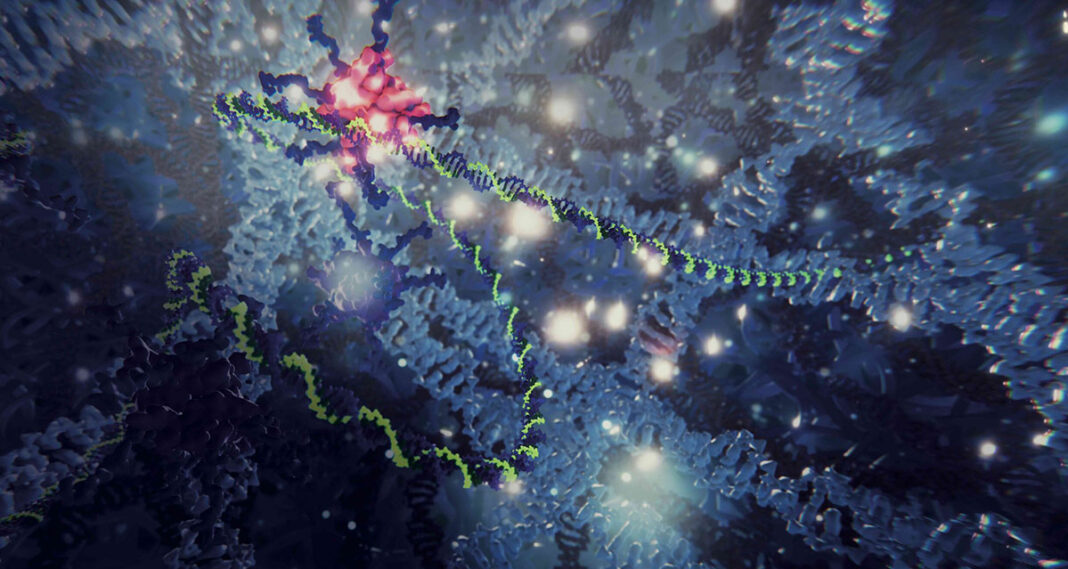Epigenome remodeling, including widespread changes to DNA methylation and 3D chromatin structure, is increasingly recognized as an important mechanism of gene deregulation in cancer. For example, at the Garvan Institute of Medical Research, scientists showed that that DNA hypermethylation and concomitant loss of endocrine receptor (ER) binding at enhancers is associated with 3D chromatin alterations in ER-positive endocrine-resistant breast cancer.
To follow up on this 2020 finding, Garvan scientists led by Susan Clark, PhD, head of the Cancer Epigenetics Laboratory, investigated whether the 3D chromatin alterations could be resolved with epigenetic therapies that induce DNA hypomethylation. Specifically, the scientists studied the effects of decitabine, an epigenetic drug that is currently used to treat some blood cancers.
The results of this work appeared in Nature Structural & Molecular Biology, in an article titled, “The potential of epigenetic therapy to target the 3D epigenome in endocrine-resistant breast cancer.”
“Decitabine-induced genome-wide DNA hypomethylation results in large-scale 3D epigenome deregulation, including decompaction of higher-order chromatin structure and loss of boundary insulation of topologically associated domains,” the article’s authors wrote. “[Treatment] with decitabine induced DNA hypomethylation and had potent antitumor activity associated with suppression of tumor growth and cell proliferation gene pathways.”
The growth of endocrine-resistant breast tumors in mice was suppressed, and survival time was increased by 90%. These findings, which will be tested in a future Phase I trial, highlight the potential of epigenetic interventions for treating people who are diagnosed with endocrine-resistant breast cancer.
“This research has uncovered a completely new approach to treating endocrine-resistant breast cancer,” Clark asserted. “We have not only pinpointed a new molecular mechanism that explains how endocrine resistance might develop—we have identified a treatment currently used in the clinic that can target this mechanism precisely.”
An estimated 70% of all diagnosed breast cancers are ER positive. Although endocrine therapy that suppresses estrogen in the body can slow or stop the growth of these tumors, more than 30% of patients develop resistance, with their tumors no longer requiring estrogen to grow.
“We set out to reverse the abnormal methylation patterns and restore the 3D DNA structure in the endocrine-resistant ER-positive breast cancers using epigenetic therapy,” said first author Joanna Achinger-Kawecka, PhD, head of the 3D Epigenome in Cancer Group at Garvan. “We found that decitabine removed methyl groups at specific DNA regulatory regions, rewiring the 3D structure of DNA to not only reactivate the production of estrogen receptors, but also activate tumor suppressor genes that can reduce cancer growth.”
“The next stage of our research will be to test decitabine together with endocrine therapy, which could be even more effective at targeting this difficult-to-treat cancer,” Clark said. “We hope that such a combination approach is a turning point that enables significantly better clinical outcomes.”


